Jalopnik's Mea Culpa
Blogging, like most human pursuits, is perennially torn between two competing impulses: getting paid and keeping it real. On the internet, where the basest pandering tends to yield the most bounteous rewards in traffic (if not discourse), the temptation to lose focus in search of new traffic is ever present. In a striking piece entitled “ The Awesomeness Manifesto,” Jalopnik Editor-in-Chief Ray Wert admits that over the past year (or so) he and his website have strayed too far from the path of realness. The impetus for the decline in standards: pressure from Gawker bosses, and what he paints as a year of post-carpocalyptic malaise.
A year ago this month, I caved. I did what I was told, dampening our smart and snarky voice. I moved Murilee from daily to weekend duty and let go of many new names. Instead of looking forward while remembering the past, I forced my overworked and undersupported team to stumble blindly across the post-Carpocalypse automotive desert. We chased the same carrot as Autoblog, Motor Trend, and the rest, pursuing what we were told was the “growth segment” of the automotive universe — general consumers and non-enthusiasts…. we were hungry for cheap traffic, and we gorged, competing over meaningless press releases and page-view-whoring galleries because there was nothing else on the table. And dammit, we were good at it.
The good news is that Wert says he’s sorry. Jalopnik, he says, will once again focus on “a new breed of enthusiast… waiting to be freed from the shackles of a crossover culture.” The not-so-good news?
First of all, there’s the problem of Wert’s excuse. The pressure from “Gawker overlords” is a legitimate cop-out, but the suggestion that 2009 was somehow not a good year for car news is flat-out wrong. Sure, it was turbulent and confusing, but there’s never been a better time to be talking cars than the last 12 months. Unless, like Wert, you spent your “Carpocalypse” hocking “Save GM” T-Shirts and penning paeans like “The Case For Rick Wagoner.” Which may explain why he suggests several times in the “Manifesto” that a key element missing in Jalopnik’s yearlong traffic bender was a “just-shy-of-libertarian voice.” Needless to say, we’ll be curious to see how that manifests itself.
The first clue isn’t promising. Wert rails against “nanny-state-bloated hybrids, crossovers, and shitboxes,” passionately disclaiming that “these vanilla appliances were built for the Big Gulp-fattened, cow-like masses, not enthusiasts like us.” Which keeps things fantastically real, but falls short of explaining the link between gas-electric hybrids and state paternalism. The real result appears to be a strange form of enthusiast fundamentalism.
We’re also giving up on breathlessly and enthusiastically reporting about boring cars. So what if there’s a new Dodge Journey or Toyota Sienna? Those are the vehicles that the car companies want us to report on, and that we’ve mistakenly covered out of a desire to please some SEO god rather than the enthusiasts. Dull, slow hybrids? Fuck ’em. If you want to do something green, ride a bus or the subway when you commute and drive a Se7en on the weekends. We’ll also no longer allow ourselves to be trapped in the middle, championing just-greater-than-meh by saying “it’s better than the rest of the segment” when the entire segment’s worthless. That’s like saying one piece of shit smells better than than the rest of the pile, and you deserve better.
Death to the infidel, er, Avalons! Because there’s hope for a whole generation… who have never owned a car.
Some old-school car writers think this is the end for the car-loving individual. I think they’re wrong. I believe the post-Carpocalyptic automotive world is actually fertile ground for a new breed of enthusiast. This new generation is waiting to be freed from the shackles of a crossover culture. Who are they? They’re the gadget guys and gamers who have grown up driving cars on a computer but never tried them in real life. I truly believe that once they feel what it’s like to drive an awesome and exciting real car, they’ll never turn back.
Maybe. The problem, as Wert points out, is that “23% of people believe their car is “something special — more than just a way to get around.” That figure is half of what it was in 1991. If that trend continues, by 2021, less than 5% of American drivers will give an emotional rat’s ass about the car they drive.” It’s laudable that Wert wants to fight that, but it’s not clear if the games and gadgets crowd he’s trying to appeal to are even on the side of the automobile at all.
In any case, having watched Jalopnik’s quality slide (over more than just the last year, to be perfectly honest), Wert’s piece is definitely heartening. We should be so lucky as to see a mea culpa of this candor and specificity out of the former leaders of GM and Chrysler. Betting the house on an enthusiast audience may not be what Gawker wants to see, but this thing we call blog runs on passion, not traffic numbers. All any of us can do is keep following the most exciting, engaging stories and hoping you, the readers, keep coming back.
More by Edward Niedermeyer
Latest Car Reviews
Read moreLatest Product Reviews
Read moreRecent Comments
- ToolGuy TG likes price reductions.
- ToolGuy I could go for a Mustang with a Subaru powertrain. (Maybe some additional ground clearance.)
- ToolGuy Does Tim Healey care about TTAC? 😉
- ToolGuy I am slashing my food budget by 1%.
- ToolGuy TG grows skeptical about his government protecting him from bad decisions.



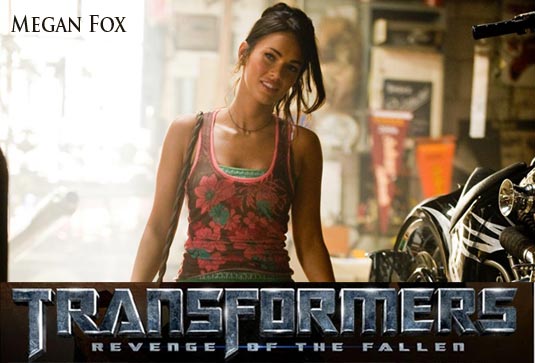















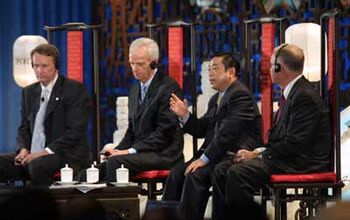






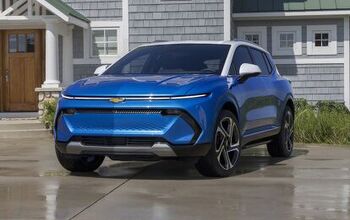

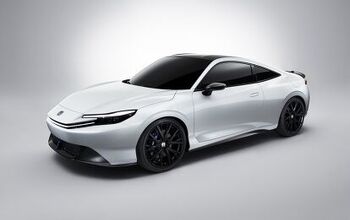




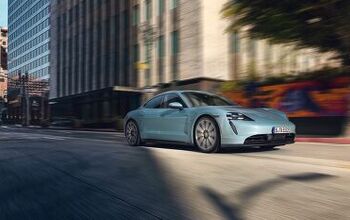
Comments
Join the conversation
This site is not negative. As a matter of fact, it was real hard core when Farago was around. RF torch was more powerful than any flamer/troll/fanboy/hater around. Straight into your mailbox. I miss that. However, it should be noted, the Ns are doing a good job. About Jalopnik, meh.
Great article. I have my own website at www.chrisoncars.com and I was researching a piece about Jalopnik when I found this post. I always thought the site was boring, confusing, and pandered to the teen age crowd. They seem to try a little too hard to be cool, and less hard to be intelligent. I know my site wont be getting the traffic Jalopnik does, but I dont care. I write for myself, and if people read it, or enjoy it...even better. When a big company buys a website, this type of thing always happens. Websites who care about traffic more than cars are easy to identify, the formats are all the same, and the articles are identical. I love the sites that are unique, quirky, and fun.